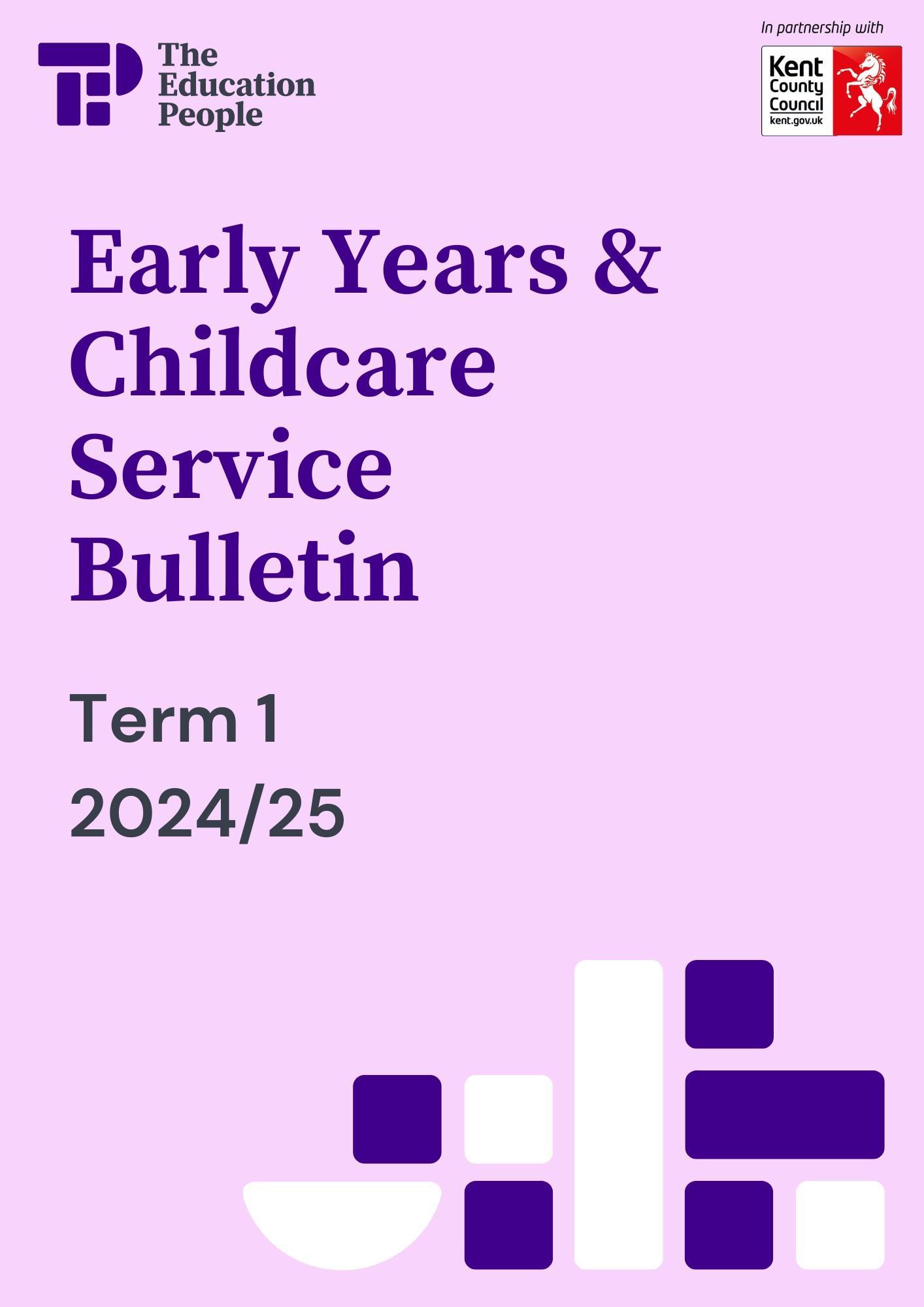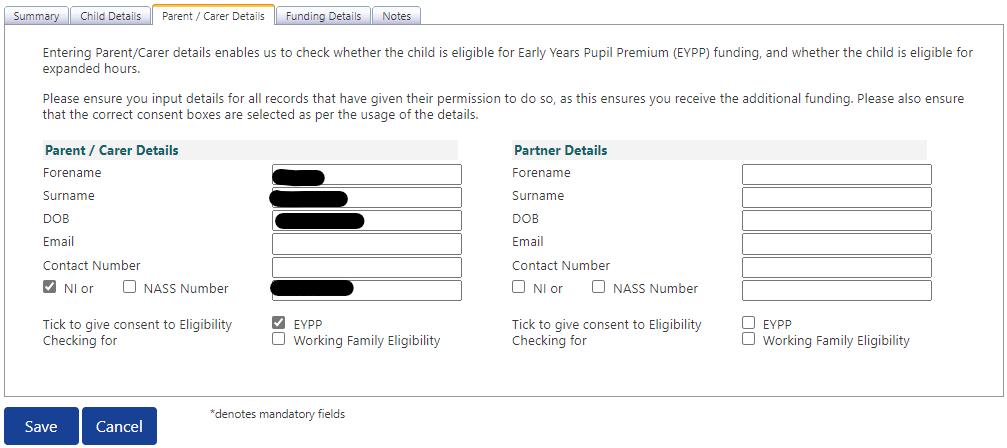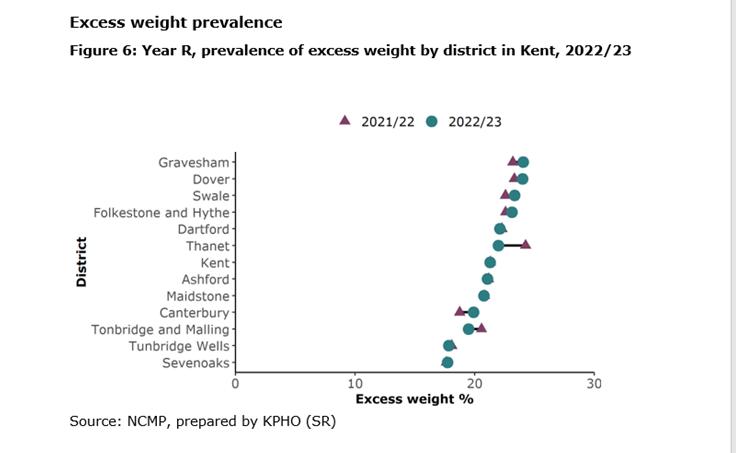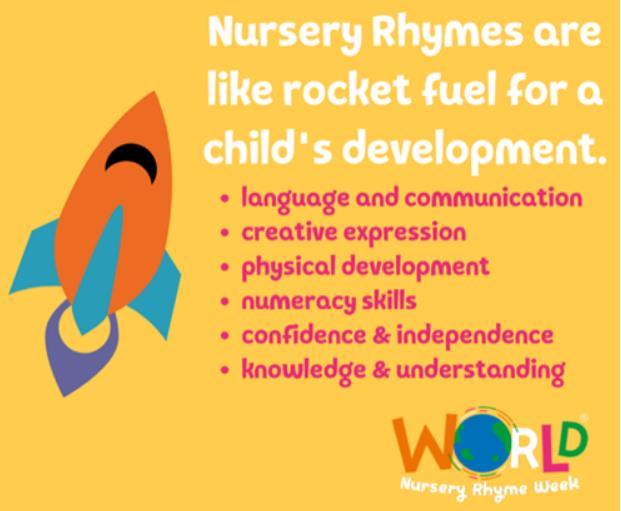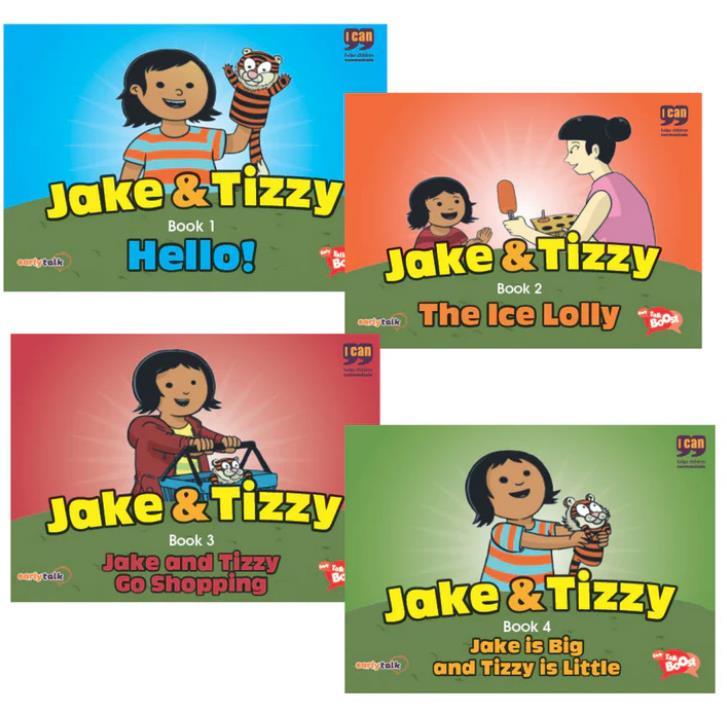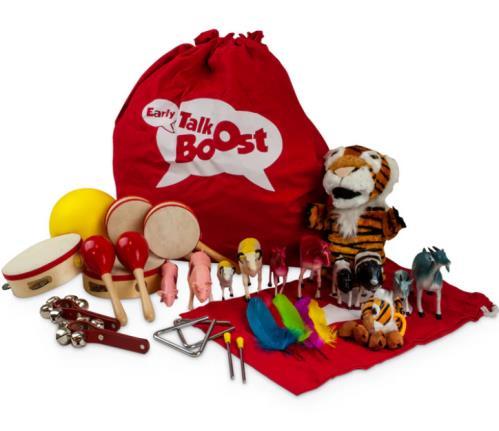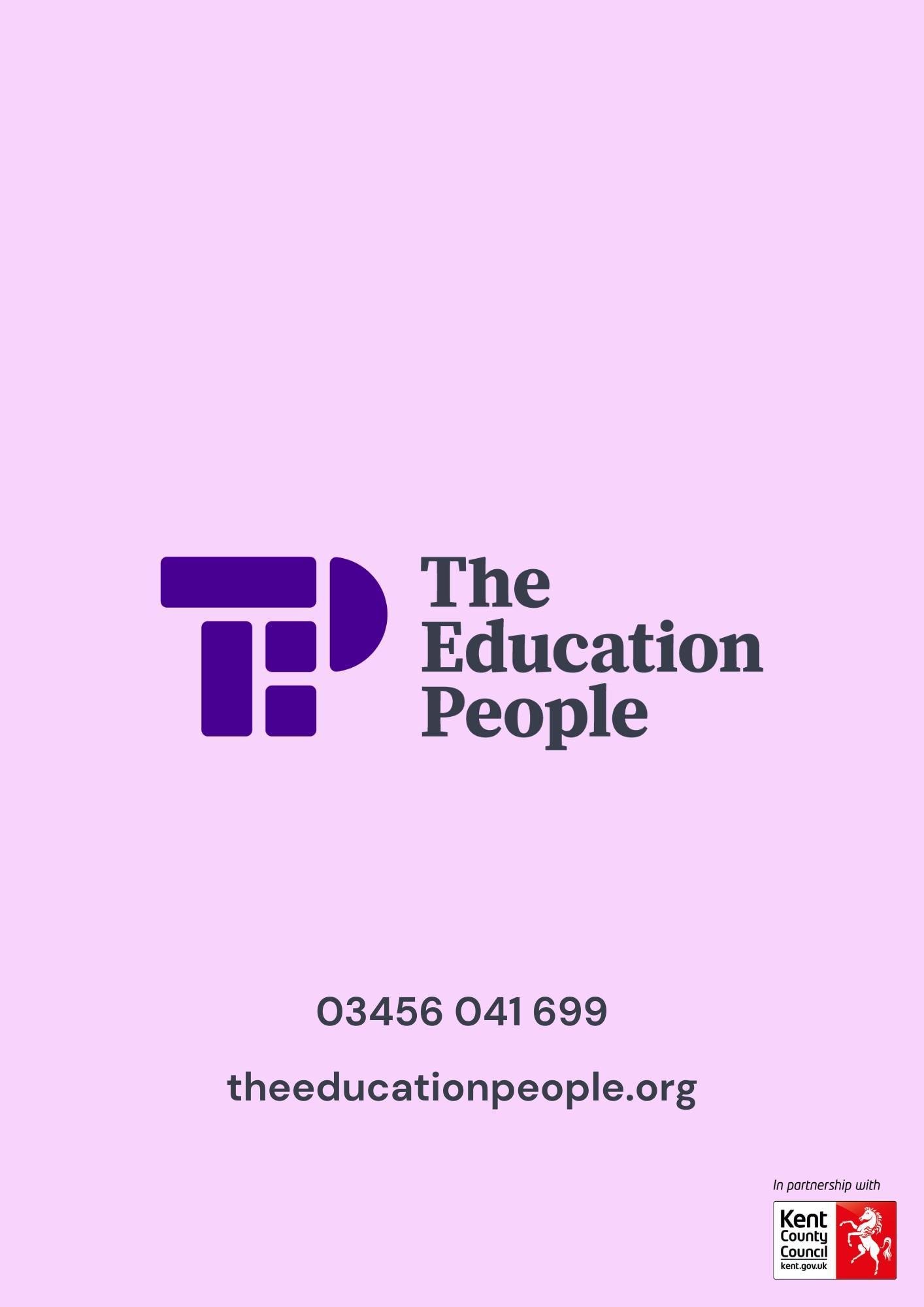Kentnewsandupdates
Wraparound childcare expansion of hours
In Spring 2023 the previous Government announced its ambition that all parents and carers of primary school-aged children will be able to access term-time childcare in their local area, if they need it, from 8am to 6pm so that parents can access employment and improve labour market participation. The £289m investment into the programme aims to remove financial barriers so that schools and providers can improve the availability of provision for parents, addressing the immediate demand and driving future demand by ensuring there is a sufficient supply of places.
To meet the Government’s expectations for the programme, The Education People’s Early Years and Childcare Service plans to support schools and/or providers to extend opening hours where provision exists but is not operating from 8am to 6pm.
Programme Funding can be used to contribute towards the additional staffing costs required to fulfil this obligation. The funding will be tapered, with the highest level of funding available in the first term and then reducing each term over the course of a year.
The Government expects parents to pay for wraparound childcare, but support with costs will be available through Government subsidies such as Tax-Free Childcare and the childcare element of Universal Credit. As a result, applications will only be approved to those who register to receive Tax-Free Childcare and who agree to provide the necessary evidence for a parent to claim through Universal Credit. Programme Funding is also only available to providers who register with Ofsted on the Early Years Register.
To ensure you do not miss out on this opportunity please contact the Wraparound Childcare Programme at sufficiencyandsustainability@theeducationpeople.org
Management Information update
• From the Autumn Terms 2024, there will be four funding tabs in the Synergy FIS Provider Portal:
• Providers will be required to enter the child’s and parents/carers details (where applicable) under each entitlement they are wishing to claim for.
• If you wish KCC to complete a check for EYPP, and you have a signed Parental Declaration Form, please enter the parent/carer name, DOB and NI number details onto the parent/carers tab and tick the EYPP consent box. If found to be eligible, EYPP will be added automatically to the child’s claim for the term.
• From the Autumn Terms 2024, the data collection and payment dates for all entitlements for children aged 9 months – 4 years old have been aligned. Please refer to the Funding Calendar on KELSI for the submission windows and payment dates for all claims.
• A validation check, on the 11 digit Working Parent Entitlement code must be completed via the KELSI website prior to submitting a claim. The code only needs validating once with KCC. The audits twice a term will inform you of new dates and the eligibility status of each child’s code in subsequent terms.
New LADO Education Safeguarding Advisory Service (LESAS)
As of Monday 2 September 2024, there is no longer a stand-alone Education Safeguarding Service (ESS) or County LADO service. Both Services have integrated into the LADO Education Safeguarding Advisory Service (LESAS). As directed within the New Working Together guidance, ESS will no longer be representing Education within our multi agency safeguarding arrangements. Rather LESAS will be providing consultative support for education settings to represent themselves in strategic partnership meetings and local safeguarding arrangements.
Watch a video explainer of the new service and the LESAS mission statement providing more detail, of the aims of the service and provision of duties and services offered.
Safeguarding Welfare Requirements Notices (WRNs) are notifications given by Ofsted when a setting breaches the Early Years Foundation Statutory Framework 2024.
In the last three months the majority of WRNs had an element pertaining to risk assessments. This is owing to children having access to, or incidents occurring, both indoors and outdoors resulting in children’s safety being compromised. These were because of poor risk assessment procedures.
Reflective questions -
• What informs your opening and closing checks?
Seek guidance from the Health and Safety Executive (Managing risks and risk assessments at work) to see if written risk assessments may be required. Also refer to footnote 44 of the Statutory Framework for the early year’s foundation stage - Guidance on risk assessments, where written risk assessments may be required where five or more staff are employed. Generic forms should not be used and instead any risk assessments should be tailored to the unique risks of the setting.
• Is there anything that could strengthen your current risk assessments?
• Do all staff know and understand the need to constantly risk assess the environment, resources and their deployment to keep children safe?
Where an allegation is made about a staff member, or a staff member is involved in an unintentional incident with a child this must be reported to LESAS Scenario
A staff member is helping a child to put on their coat and in the process and unintentionally, the child dislocates their shoulder (by accident, no intent).
Reflective questions -
• Would the Designated Safeguarding Lead (DSL) refer this?
• Would all practitioners know to speak to the Designated Safeguarding Lead about this?
• Do you use safeguarding scenarios with staff to ensure they have true understanding of what needs to be referred and your setting procedures for recording a concern?
If a member of staff unintentionally hurts a child, it must be referred to the LESAS team.
Safeguarding for charities
The Department for Culture, Media and Sport has created a safeguarding tool for charities on handling allegations of abuse. The tool aims to support charities in England with handling the reporting of safeguarding allegations about the behaviour or actions of a person in their charity.
Access the tool: Guidance on handling safeguarding allegations in a charity
Department for Work and Pensions (DWP) Recruitment Services – A message from Cheryl Giles Senior Employer & Partnership Manager
My Name is Cheryl Giles, I am the Senior Employer and Partnership Manager for Kent, supporting employers to fill their vacancies and arranging upskilling for customers on benefits to move into employment.
Do you know about the free service that your local Job Centre offers to fill all your recruitment needs, from sifting CVs to arranging courses, enabling more people to join the Early Years sector?
Deborah Callway (Kent Employment Services) and I will be attending the Briefing and Networking sessions later this month to tell you more about DWP recruitment services and how Universal Credit enables more people to go into paid employment.
Please come prepared to discuss the following:
• What are your barriers to recruiting?
• Have you worked with DWP before, if so how?
• Do you know where your local Job Centre is and have you ever visited?
Disability Confident and Access to Work schemes
The Disability Confident scheme supports employers to:
• draw from the widest possible pool of talent
• secure and retain high quality staff who are skilled, loyal and hard working
• save time and money on the costs of recruitment and training by reducing staff turnover
• keep valuable skills and experience
• reduce the levels and costs of sickness absences
• improve employee morale and commitment by demonstrating that they treat all employees fairly.
The Access to Work scheme supports people with a physical or mental health condition or disability to get or stay in work. The support is dependent on need and eligible people can apply for the following:
• a grant to help pay for practical support with your work
• support with managing your mental health at work
• money to pay for communication support at job interviews.
For more information on either scheme please refer to the Government websites highlighted above, or you can contact Cheryl Giles by emailing CHERYL.GILES@DWP.GOV.UK
A Whole Systems Approach to a healthy Kent
‘The value of good nutrition for the early years extends beyond physiological health – it contributes to establishing social behaviours, supports learning and influences food preferences and eating habits. It underpins growth and development, can help to reduce childhood obesity and is a building block of the first 1,000 days of a child’s life’.
Shining a Light on Early Years Nutrition: The Role of Councils (August 2023)
What do we know?
In Kent 21.3% of children in reception classes are overweight or obese according to data gathered via the National Child Measurement Programme (NCMP), that is around 1 in 5 children. The graph below shows excessive weight data by district
Further information and data can be found by accessing the National Child Measurement Programme 2022/23 report, which was published in March 2023.
What can we do?
The Statutory Framework for the Early Years Foundation Stage states ‘where children are provided with meals, snacks and drinks, they must be healthy, balanced, and nutritious. Fresh drinking water must always be available and accessible to children.’
The Early Years Inspection Handbook for Ofsted-Registered Provision states in the good grade descriptors for personal development ‘practitioners provide a healthy diet and a range of opportunities for physically active play, both inside and outdoors. They give clear and consistent messages to children that support healthy choices around food, rest, exercise and screen time.’
We know that we are in a privileged position when it comes to influencing children’s health, learning and development and the opportunities, knowledge and skills we give our children provide the foundations for their future. It is therefore important that the food we offer and the food we encourage parents to provide gives children the appropriate amounts of energy and nutrients and encourages healthy eating habits. This in turn contributes to local and national priorities to reduce childhood obesity and minimise health risks in later life.
What can help us?
There is a wealth of support and guidance for early years providers and families to help encourage and maintain healthy lifestyles:
• The Example menus for early years settings in England Part 1: Guidance document, includes guidance on menu planning, food safety, managing food allergies and reading food labels to help ensure the meals, snacks and drinks provided are healthy, balanced and nutritious.
• The Example menus for early years settings in England Part 2: Recipes, provides two example three-week menus for early years settings, the recipes for breakfasts, snacks, lunches and teas, as well as additional recipes that can be substituted into the example menus. The example menus and recipes illustrate the types and amounts of food and drink that can be provided to meet the nutritional requirements of infants and children aged six months to four years (up to their fifth birthday).
• Eating well: Packed lunches for 1–4-year-olds provides practical ideas for anyone who is preparing packed lunches for young children It can be used to offer guidance to families about how to provide a nutritious, costeffective and practical packed lunch for children of this age. The packed lunches shown in the document all provide the amount of energy (calories) needed by children of this age at a main meal and will provide the important nutrients that young children need to develop and grow.
• The Governments Chief Medical Officers suggest young children aged 1-5 should engage in 180 minutes of physical activity every day Children under the age of one should engage in at least 30 minutes of physical activity, for example awake tummy time. The encouragement and promotion of regular physical exercise and a healthy diet will ensure we do our very best to support children to grow in a healthy way and minimise children’s risk of becoming overweight which can lead to health complications later in life. It will ensure children maintain appropriate energy levels so that they do not become tired or irritable and contributes to children’s brain function as they get the right amount of essential nutrients encouraging secure physical and mental health. Importantly it sets the foundations for a continued healthy lifestyle giving children the knowledge and understanding they need to make the right the choices.
How can we learn more?
A recent pilot project in Dartford, Gravesham and Swanley to deliver training to Early Years Providers in Kent to support the implementation of the government’s example menu guidance is being expanded to the rest of the county. Eight settings took part in the pilot and the findings showed the training and practical support tools were effective in supporting settings to meet the guidelines. The findings also showed,
• menu changes were acceptable to children, parents and carers and staff across the settings
• menus were more varied and balanced with increased fruit, vegetables and fibre and reduced sugar
• improvements in feeding practices amongst staff and parents
• support for wider public health messaging within the setting.
‘We found the training really useful. We were buzzing with ideas and thoughts after the training about how to adapt our menus and food policy. We came away with so many ideas. We now have a whole section on fussy eating in our policy. It’s having a positive knock-on effect on sleep and energy levels throughout the day. It has cost us a bit more overall (more fruit and veg) but it is worth it. It has made us evaluate our practice and had a positive ripple effect to staff and their families’.
Manager, Enchanted Wood
‘It really made us think about our afternoon snacks. Since we've introduced an afternoon snack e.g. bagel, rice cake or crumpet, the children are much happier in the afternoon, and they are not ravenous by teatime. This has improved their behaviour- they’re a lot less grumpy. We have found we are needing to make a lot less food for tea- not needing additional bread and butter. The shopping bill is definitely not as much’
Manager, Bright Beginnings
‘I would say to any setting to do this training. The lunch times have been much more pleasant and relaxed’.
Manager, Hextable Pre-school
This free one-day training delivered by NHS colleagues from KCHFT and supported by KCC and The Education People will be advertised shortly with dates planned for November and December 2024 and January 2025. There will be an allocation for 12 settings in each of the 4 areas (Dartford, Gravesham and Swanley, Swale, East and West Kent) so look out for information on how to register in due course.
FocusonOutofSchoolproviders
The new term has begun and with that there has been a flurry of newly registered out of school settings.
The Early Years and Childcare Service’s Out of School Improvement Adviser supports newly registered out of school settings until their first Ofsted inspection through our comprehensive Delivery Plan. In addition to this the Improvement Adviser continues to offer support for settings through Annual Conversations, for which dates are still being offered. The principal aim of these visits is to reduce the risk of falling below a ‘met’ judgement. During these visits there is the opportunity to explore and understand the settings approach to the monitoring of the quality of provision, the safeguarding and welfare requirements and its place within the self-evaluation and setting improvement plan. If you have
any questions about our visits, please email the EY improvement mailbox. EYImprovement@theedcationpeople.org
Activity
National Baking Week 2024 is from the 14 to the 20 October. It is an annual celebration that encourages people of all ages to embark on homemade baking activities. This is a fabulous way to promote children’s creativity, science, maths and literacy skills through reading recipes, measuring, baking and sharing equipment.
Why not create an out of school recipe book and encourage children to bring in recipes that they can try in the setting?
Some out of school settings do not have access to ovens and cooking facilities, however, there are other methods of joining in, such as fridge bakes or microwave muffins. (Remember of course children’s allergies and dietary requirements when planning these sessions).
You can find more recipes at https://www.bbcgoodfood.com/howto/guide/top-5-easy-bakes-kids
Microwave banana mug muffin
Preparation time 5 minutes, cooking time 2 minutes, serves one, children can prepare their own mug muffins.
Ingredients: 1 banana, 1 egg beaten, 1 tablespoon vegetable or sunflower oil, ½ teaspoon vanilla extract, 3 tablespoons maple syrup, plus extra for drizzling (can substitute with golden syrup), 4 tablespoons plain flour, ½ teaspoon baking powder, 1 teaspoon chocolate chips or chopped banana.
Method:
• Cut two thin slices of banana and leave to one side for the decoration. Then mash the rest of the banana.
• Tip the mashed banana into a microwave safe mug, then stir in the remaining ingredients (except the two slices of banana).
Page 14 of 23 Early Years and Childcare Service Bulletin © Copyright TEP 2024
• Microwave on high for 1 minute 30 seconds to 2 minutes until cooked through and a skewer inserted in the middle comes out clean.
Wait until it is cool then top with banana slices and drizzle syrup as required.
Focusonchildminders
The Local Offer for childminders
Have you updated your Local Offer? What is it? Why is it important? What does it mean to me as a childminder?
What is a Local Offer?
Why is it important?
A Local Offer is for children and young people with special educational needs and disabilities (SEND) aged 0 to 25 years. It provides information and support services available to families in their local area. In Kent our Local Offer is called the SEND Information Hub.
The SEND Information Hub provides links to all the information families need in one place. From support for families around finances, health and wellbeing, through to finding early years education settings, school places and on to getting a job and becoming an adult. There is a directory of information about charities, clubs and support groups and the Information Advice and Support Kent (IASK) service which provides a wealth of advice and information. Families will be directed to the website by health professionals, childminders, and other early years settings to ensure they are aware of the support available to them and their family as soon as possible.
What does this mean for me as a childminder?
As a registered childcare provider, the Early Years Foundation Stage (EYFS) states that you must have arrangements in place to support children with SEND. The Kent Provider Agreement, states that settings and childminders registered to deliver funded childcare must publish details about the SEND support they offer for children and families at their setting. The Kent Children and Families Information Service (CFIS) forms part of Kent’s Local Offer. All registered childcare providers are offered an entry on the Kent Directory, which should be updated termly to provide information about the setting, the knowledge, training and experience they have in supporting children’s learning. This information will help fulfil your obligation to keep families informed and help them choose the
right setting for their child. If you have not already registered or require support with updating your record, please contact KentCFIS@theeducationpeople.org
The Education People’s Early Years and Childcare Service offers a free webinar Introduction to the Local Offer for Early Years Providers which explains how settings and childminders can provide more in-depth information about the support and facilities they provide to help all families to find the right setting for their child. Providers that have completed their Local Offer on the Kent Directory are identified by a purple triangle on their record
Informationtosharewithfamilies
What is flu?
Flu can be a very unpleasant illness in children causing fever, extreme tiredness, aching muscles and joints, stuffy nose, dry cough and sore throat. Children usually begin to feel better within about a week. Complications of flu include acute bronchitis, painful ear infections and pneumonia. Some children may need to go to hospital for treatment, including intensive care
Those working in the early years sector have an important role to play in raising awareness amongst families about annual flu vaccination programme for preschool children.
Annual vaccination of children helps provide protection to each child and reduces the spread of flu to their families and the wider community, protecting others who are at increased risk of becoming seriously ill from flu. The flu vaccine also promotes a healthy working environment in nurseries and childcare settings by reducing the risk of flu being spread to others including staff.
Page 16 of 23
All children who are aged 2 and 3 years old (provided they were this age on 31 August before flu vaccinations start in the autumn) can get the vaccine at their general practice. This is usually administered by the practice nurse and for most children is a quick and painless nasal spray.
Immunising preschool children against flu provides information about the programme and how children can get vaccinated. You may want to display resources like this poster or give copies of this leaflet to families, both of which can be downloaded or ordered for free from the Government website
Make time for a nursery rhyme – or two, or three! - The importance of nursery rhymes
Do you have a favourite nursery rhyme? Can you remember how you learnt it?
Nursery rhymes are something that we take for granted. Most of us can recall a rhyme sung or told to us in childhood. Sometimes we do not even realise we remember all the words until we find ourselves sharing them with a child!
Sharing nursery rhymes with young children is one of the most joyful activities we can do, benefiting both the listener and the teller. Some of the earliest language children hear and repeat comes from rhythm, rhyme, and repetition –this is important both for children’s enjoyment and their formative development.
Nursery rhymes are a rich source of language. They teach children how language works, supporting their understanding of where words and sentences begin and end. Words that rhyme, alliteration, and repetitive patterns in rhymes support young children to learn the fundamental building blocks of language, particularly pre-reading skills. Nursery rhymes introduce interesting uses of language and are full of literary devices such as, similes (like a diamond in the sky), onomatopoeia (pop goes the weasel) and alliteration (sing a song of sixpence).
Many nursery rhymes feature higher order language that may not be part of a child's everyday vocabulary. Exposing young children to unfamiliar words and their meanings enhances their vocabulary development. For example, if it were not for Miss Muffet, where would you hear and talk about a tuffet? Young children also learn that ‘frightened’ is another way of saying that the spider ‘scared’ Miss Muffet away.
Nursery rhymes are cognitive powerhouses. The repetition of words and the rhythm within nursery rhymes supports language acquisition and memory development. It is a form of ‘acoustic encoding.’ There is also a predictive pleasure in rhymes. Even before young children have fully learned a nursery rhyme, they will happily shout out the last word of a line when they know what is coming.
World Nursery Rhyme Week
World Nursery Rhyme Week is a wonderful time to review your children’s current experiences of rhymes and songs in your setting. World Nursery Rhyme week is an annual initiative that celebrates the role of nursery rhymes in early childhood education. This year it will take place from 11 to 15 November 2024 providing a week of rhyming fun and learning for children! Why not celebrate nursery rhyme week by learning a new rhyme each day or use it as an opportunity to communicate with families on how valuable rhymes and songs are in supporting their children’s literacy development?
Useful nursery rhyme resources
BBC School Radio have 100+ videos of traditional nursery rhymes with lyrics arranged alphabetically! All videos include the words on screen and a lyric sheet to print out.
The Guardian has a gallery of nursery rhymes from around the world – taken from the book: Over the Hills and Far Away by Elizabeth Hamill
The Centre for Literacy in Primary Education has created a nursery rhyme collections booklist
Tiny Happy People is a website for families to help develop their child's language skills. They have a wealth of information on the importance of nursery rhymes and ideas/activities that families can do at home.
Kent Family Hubs visitor survey
Kent County Council (KCC) would like to find out about families’ experiences of the services available at Family Hubs and/or through Start for Life, and whether
they have had made a difference to your life. Your feedback is essential to improve services moving forward. To take part, please complete the Kent Family Hubs visitor survey, which can also be accessed by scanning the QR Code below.
Goodpractice
Are you currently running Early Talk Boost sessions in your setting?
New Early Talk Boost resources
Recently Speech & Language UK have reviewed their Early Talk Boost Programme and responding to feedback, made some tweaks and created some additional resources to support practitioners delivering the programme. Attached is a summary of ‘Changes for Practitioners 2024’ document from Speech & Language UK.
S&L UK Learning Centre
Early Talk Boost Practitioner resources, including the new resources, are now available on the Speech & Language UK Learning Centre. You will need to create a free account and then you will be able to access all the practitioner resources to support you in delivering this programme.
Family partnership
There is an increased focus on working in partnership with families and the hugely positive impact this has on children’s progress. Speech & Language UK have produced some additional resources to support practitioners to deliver the parent/carer workshops. This is a link to the new ‘Partnership with Parents’ section to replace pages 243-261 in previous versions of the ETB Intervention Manual.
They have also created an ETB Parent Hub with some short videos to support families’ understanding of the intervention and how they can support their children’s learning at home too. https://learningcentre.speechandlanguage.org.uk/early-talk-boost-parent-hub
Story books
Page 19 of 23 Early Years and Childcare Service Bulletin
Some of the story books have been shortened and a set of simple prompt questions and suggested home activities for each book has been included.
Please be assured that you can continue to use the original set of books as the tweaks are minor. Some new prompt sheets have been created for practitioners to share with families who are accessing the original story books. These prompt sheets are called ‘Changes to the Jake & Tizzy Books’
Upcoming Early Talk Boost training
If you would like new staff to attend the ETB training or would like a refresher to support, you getting the intervention up and running again we are pleased to confirm we are offering some additional ETB training on 24 June 2025.
If you have any questions about the Early Talk Boost Intervention, please email EYInclusion@theeducationpeople.org.
Briefingandnetworkingsessions
Our regular Early Years & Childcare Briefing and Networking sessions provide a good opportunity to keep your setting and staff up to date and to network with colleagues from other settings. Our upcoming sessions will include updates and information from Ofsted, the Department for Work and Pensions supporting recruitment in the early years sector, the Early Years Review and the Kent Early Years Stronger Practice Hub.
Why not book a place on the next round of sessions and benefit from the opportunity to network and hear important updates? In line with provider feedback and to maximise ability to attend, these sessions will continue to be held virtually via Zoom and you can access your place by clicking on the titles
Years and Childcare Service Bulletin © Copyright TEP 2024 below.
EYC Briefing and Networking – North Thursday 17th October 2024 4 – 6 pm
EYC Briefing and Networking – West Wednesday 16th October 2024 4 – 6 pm
EYC Briefing and Networking – East Tuesday 15th October 2024 4 – 6 pm
EYC Briefing and Networking – South Wednesday 23rd October 2024 4 – 6 pm
We are also running an additional evening Briefing and Networking Session specifically for eligible childminders and out of school settings who may find it difficult to attend the weekday afternoon sessions.
EYC Briefing and Networking –Childminders and Out of School Tuesday 22nd October 2024 7.30 – 9.30 pm
Page 21 of 23
Contactus
Alex Gamby Head of Early Years & Childcare
Threads of Success
Threads of Success Recruitment Hub
Alex.gamby@theeducationpeople.org
https://www.theeducationpeople.org/our-expertise/earlyyears-childcare/threads-of-success/
https://www.theeducationpeople.org/our-expertise/earlyyears-childcare/recruitment-hub/
Sufficiency and Sustainability sufficiencyandsustainability@theeducationpeople.org
Education for Sustainable Development esd@theeducationpeople.org
Improvement and Standards eycimprovementservices@theeducationpeople.org
Equality and Inclusion eyinclusion@theeducationpeople.org
Collaborations eycollaborations@theeducationpeople.org
Childminding childminding@theeducationpeople.org
Workforce Development earlyyearsworkforce.ask@theeducationpeople.org
Kent Children & Families Information Service kentcfis@theeducationpeople.org
KCC Management Information miearlyyears@kent.gov.uk
KELSI http://www.kelsi.org.uk
Schools Ebulletin
http://www.kelsi.org.uk/working_in_education/news.aspx
Early Years and Childcare Service Bulletin
© Copyright TEP 2024
Page 22 of 23
